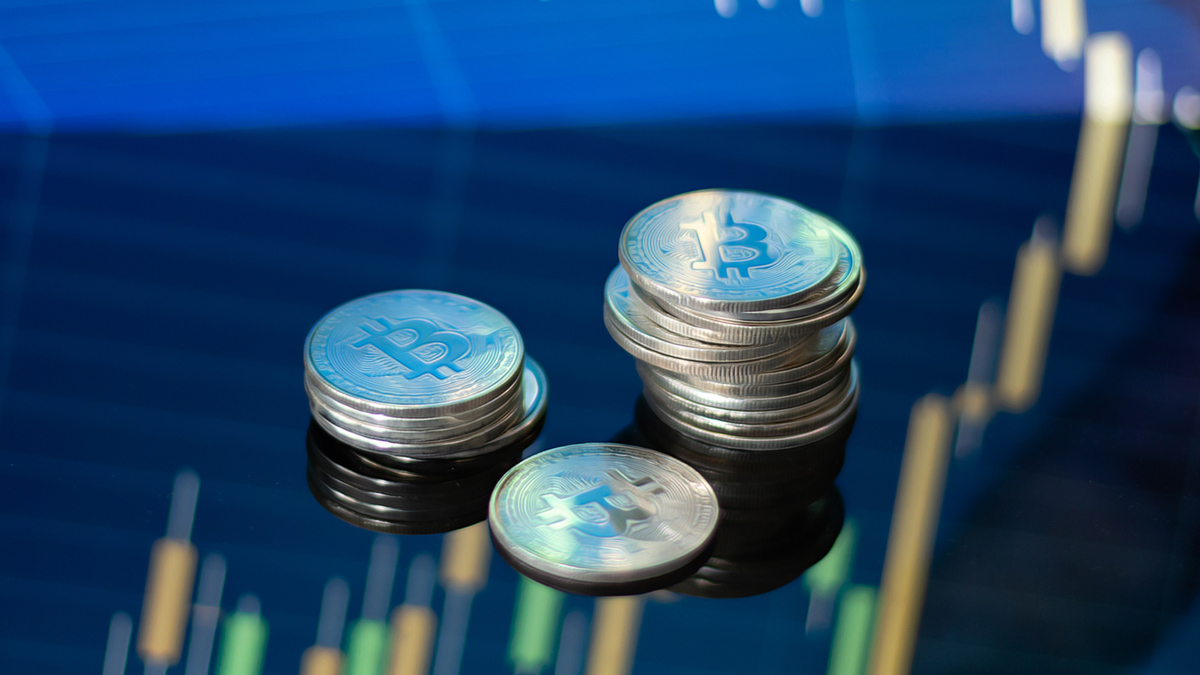As we approach the final days of 2023, the regulatory environment formed for the cryptocurrency market industry in Asia has witnessed significant developments with increasing momentum. Particularly, Hong Kong has been at the forefront of efforts to establish itself as a hub for crypto and Web3 innovation. So, what happened in the Asian market in 2023? Let’s take a look.
Noteworthy Steps from Hong Kong
In June, Hong Kong officially initiated the crypto licensing process for crypto asset exchange platforms, allowing licensed exchanges to offer individual trading services. The regulatory authority granted these licenses to HashKey and OSL. In October, Hong Kong’s Securities and Futures Commission updated its guidelines for intermediaries regarding activities with crypto assets, expanding the investor pool for crypto ETF participation.
The regulatory body also released two circulars in November aiming to oversee the city’s crypto asset tokenization activities and announced in December that it was open to applications for spot crypto ETFs. Despite recent pressures on the JPEX crypto exchange, Hong Kong’s Financial Services and the Treasury Secretary Christopher Hui reaffirmed the government’s commitment to Web3 growth during the Hong Kong Fintech Week in November. Hui stated that regulatory actions would not deter their determination:
“We have been asked many times whether JPEX’s situation would affect our determination to grow the Web3 market. My answer is a clear no.”

The Crypto Races between Hong Kong and Singapore
While Hong Kong continues to demonstrate its crypto-friendly stance to industry players, Singapore invited many global companies in the crypto and Web3 space to the country during this process. However, throughout the past year, the city-state witnessed several crises involving crypto players, including the failures of Three Arrows Capital, Vauld, and Hodlnaut.
The Monetary Authority of Singapore appears determined to regulate crypto firms after recently granting licenses to crypto firms such as Coinbase and Circle. Gemini also announced plans in June to increase its staff in Singapore to over 100, preparing for growth in Asia.
Japan’s Proposal on Stablecoins
As Hong Kong and Singapore emerge as crypto centers in Asia; other jurisdictions like Japan, South Korea, and Taiwan continued to address legal regulations and guidelines for the emerging industry.
During this period, Japan addressed the Payment Services Act in June to create legal regulations concerning stablecoins. It was reported that the Japanese government sought to provide protection for stablecoin investors following the crisis in the TerraUSD project. This process encouraged Circle, the issuer of the USDC stablecoin, to expand its presence in Japan by forming a partnership with the Japanese securities and banking giant SBI Holdings.

 Türkçe
Türkçe Español
Español









